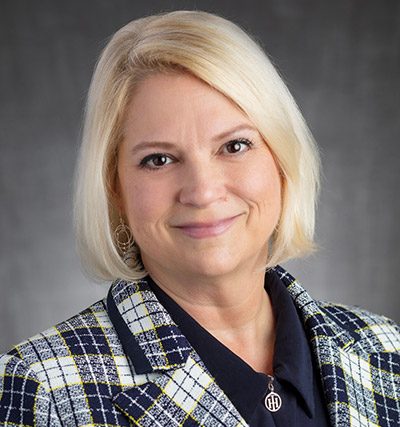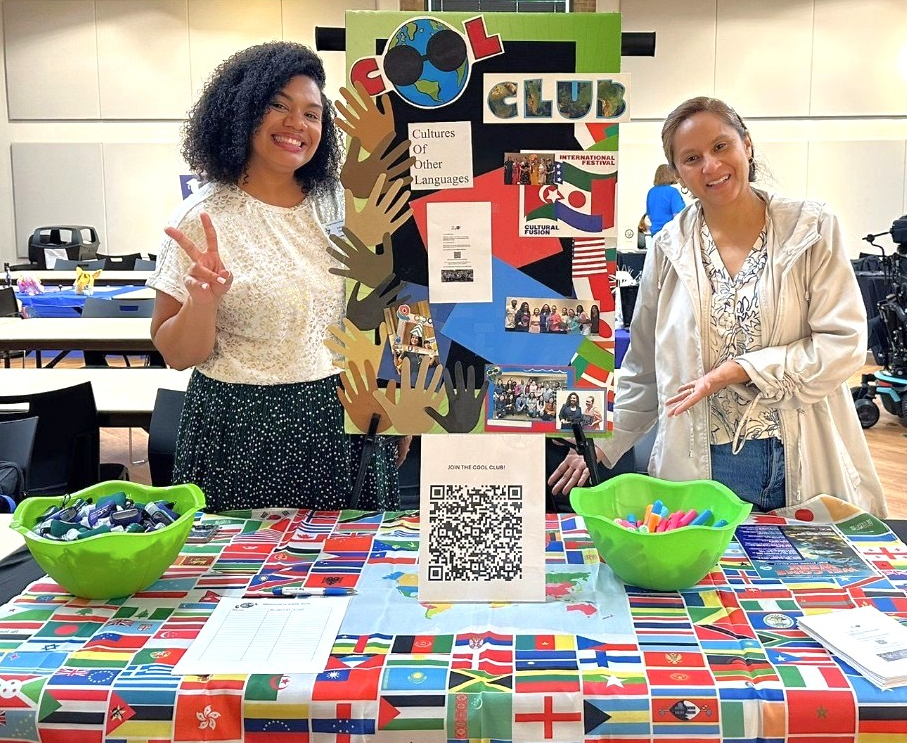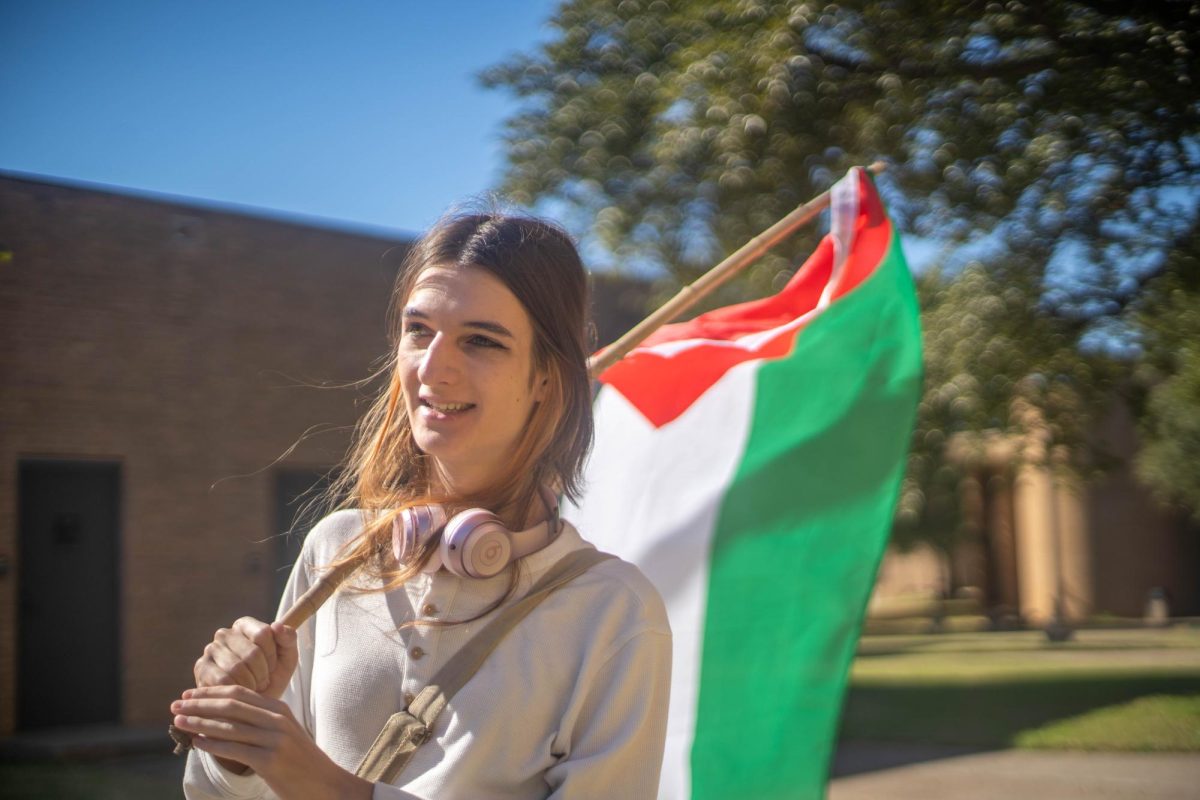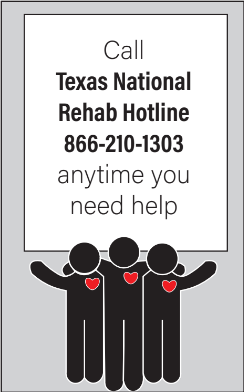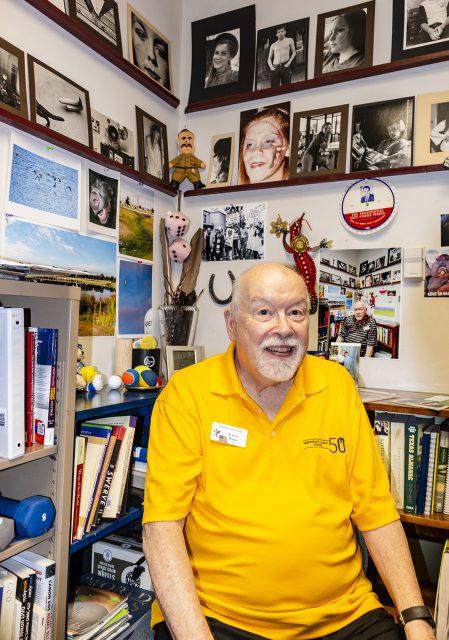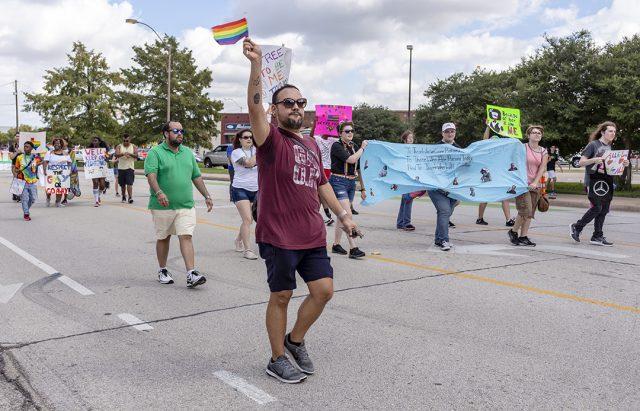Reforms, alternatives to incarceration offered
In the U.S., 2.3 million people watch years of their life dissolve in prison while surviving inhumane treatment such as slave labor, medical neglect and sexual violence, a speaker said during the three-part eventMass Incarceration: People, Policy and PoliticsOct. 4 on NE Campus.
“I don’t want reform. I want it to be abolished,” speaker and former inmate Evie Litwoksaid about the current criminal justice system.
And she said few advocate for these voiceless, marginalized and sometimes innocent people.
“They are a group of people no one has sympathy for,” she said.
She wanted students to walk away with the fact that roughly 500,000 innocent people are incarcerated for years before even going to trial because they can’t afford bail. They have not yet been convicted of a crime yet suffer violence at the hands of prison guards and fellow inmates.
Litwok witnessed a transgender woman who was raped regularly in prison and sent to solitary confinement afterward so she wouldn’t tattle. She was strip searched daily.
“Congress passed a bill called the Prison Rape Elimination Act,” Litwok said. “Just so you know, when you pass a bill in Congress, doesn’t mean it gets enforced.”
It was common for women who refused to perform sexual acts with guards to be punished, she said.
“I was in solitary confinement with 60 women who did not sleep with the officers,” she said.
If any of these women had children, they were forbidden visitations with them, or they were transferred to a facility 3,000 miles away. Litwok said guards knew mothers were easy targets for this reason.
“Prisons and jails are self-regulating systems — they report to no one,” she said. “In solitary confinement, four people run solitary. They report to no one.”
Litwok, a Jewish lesbian, said female and LGBT prisoners are common targets for sexual abuse.
“There were 1,567 complaints from LGBTQ inmates,” she said. “And only 12 were deemed reasonable.”
Until last year, Texas prisons had no air conditioning, even though the housing for police dogs and the swine they raised for food did.
An entire profitable industry has been created around incarcerated persons, she said. A number of call center employees are prisoners working from behind bars for free or paid 6 cents to $1 an hour while their employers make millions, she said. Some help with the farms, and some sew clothing.
“We are a workforce for America’s corporations, America’s postal service, America’s crops, and more importantly, we are your firefighters,” she said.
Inmates are taken out of their cells to put out fires. They put their lives at risk but are still looked at as nothing but criminals, she said. And no states except Louisiana have an emergency policy requiring an evacuation during natural disasters.
“The reason they don’t evacuate incarcerated people is the cost,” she said. “It would cost over $2 billion dollars. It’s the right thing to do, but they won’t do it.”
NW student Abigail Sánchez came to the speech because she is interested in learning more about incarceration. She said the speech resonated with her and that it was disturbing to hear some prisons had only recently gotten air conditioning.
“Nobody should be treated this way because it’s inhumane,” Sánchez said.
Litwok introduced her organization, Witness to Mass Incarceration, which helps women and LGBTQ prisoners’ transition to civilian life.
“When I was released from prison, I was put on a Greyhound bus and given $30,” she said.
“They are a group of people no one has sympathy for.”
She introduced the Suitcase Project, which seeks to give newly released inmates who have no money or possessions a suitcase full of clothes and other necessities to help them start over.
But she said she hopes volunteers would go beyond handing over goods, to offer them rides to places that help them start over, or even offer something as simple as a friendly conversation.
“We should try to help and volunteer as much as we can with a meal or something,” NE student Yanira Yepez said.
Litwok addressed the stigma that young African-American males often fall victim to the justice system.
She told the story of Kalief Browder, a 16-year-old boy wrongly convicted of stealing a backpack and spent two years in solitary confinement at Rikers Island in New York. He hanged himself a month after being released. She said few could come out OK after someone that young received that kind of treatment for so long.
“Nobody under the age of 19 should be sent to prison,” Litwok said.
She advocates for alternatives such as redirecting federal and state money away from inflated incarceration costs to education for young children to deter them from committing crimes.
Formerly incarcerated citizens face extreme hardship after their release, she said. They are no longer qualified for jobs, homes and everyday necessities to survive in America. After being institutionalized, they are forced to deal with the effects of prison both mentally and financially.
“It’s important that we know what goes on because we see it on TV but never actually know what really happens,” NE student Morgan Stubblefield said.
Litwok shares her experience across the nation and hopes to inspire and encourage people to help rather than judge those who have formerly served time. She also said many, like herself, had been put away for nonviolent reasons but thrown into a violent world behind bars.
“Honestly, I never really thought much about it, but it made me realize, even if you make a mistake you shouldn’t be so demonized about something you did wrong in your life,” NE student Autumn Anderson said.
She asked the audience if prisons were meant to rehabilitate or to punish because in the U.S., it is to punish.
“Norway’s prison system, they have 20 years for serial killers, and they only have serial killers, and they rehabilitate them and let them out and they do great,” she said.
Litwick said people under the age of 19 shouldn’t be put in prison. Instead, they should be given counseling and resources to help steer them onto the right path.
The impoverished and uneducated in the U.S. need a fair chance at life and should be given the resources necessary for them to work and become successful, so they do not turn to crime for survival, she said. For all of these reasons, it is important for voters to know what their sheriffs and district attorneys stand for, she said.
“It was very shocking knowing that all of this is going on in the system,” NE student Yanira Yepez said. “There are so many people who are incarcerated who weren’t even convicted of a crime.”
She finished her speech by encouraging the crowd to take what she’s told them and to try and make a difference.
“My hope is that we start a trend and stop being afraid,” she said. “Commit yourself to helping another person.”
— This project was reported and written by McKayla Rosser, Aayanna D. Fonseca, Arelys Morales Conty and Belle Trevino.

























